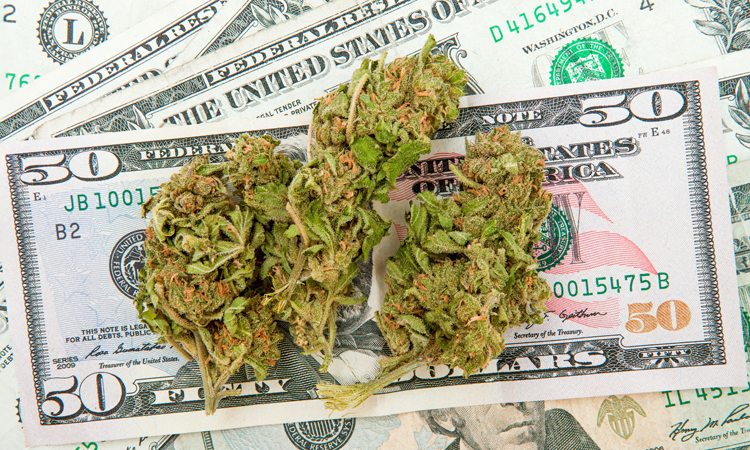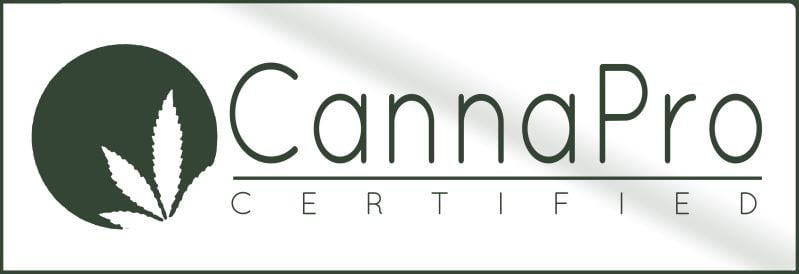
In the United States, the use and possession of cannabis is illegal under federal law for any purpose, by way of the Controlled Substances Act of 1970. Under the CSA, Schedule I drugs are those that have the following characteristic according to the United States Drug Enforcement Agency:
No prescriptions may be written for Schedule I substances, and they are not readily available for clinical use.
Whilst Cannabis Seeds is still considered a Schedule 1 drug by the DEA, many states conflict with federal law and a siginficant number of U.S. states have legalised cannabis for personal, recreational or for medical use.
Cannabis Seeds Payment Processing Current Laws
Although progress is developing, as of 2017, only around 300 of the 11,000 operational banks will comply with legal marijuana companies or vendors. 300 may seem like a grand and fair number, but these acceptant institutions very often require extra fees or further efforts on the vendor’s side, in order to agree with supporting the company and its decisions.
Federally speaking, cannabis seeds is still part of the Controlled Substances Act, so major banks that often can provide easily accessible financial support and loans, make themselves off limits to any businesses related to marijuana, typically stating that if they are a federally regulated institution they, “don’t process payments for businesses participating in federally prohibited activities”, which of course includes cannabis. If a bank opens its doors to anyone in the cannabis industry, even a company legal on the state level, these institutions put themselves at risk of being seized by the Federal Deposit Insurance Corporation (FDIC), and many of these well-known, financially supportive institutions simply do not want to take the risk.
In fact, JP Morgan and Chase and Bank of America have both stated a clear refusal of having any associations with any company or person involved in the cannabis seeds industry, because they can produce enough profit by other means.
Independent banks seem to be more flexible and willing to cooperate with those related to the legal cannabis market, with some small institutions in Colorado even specifically seeking to support the marijuana vendors within the state, because of the opportunity for both making money, and also assisting the local economy. Technically speaking, although so many corporate, big institutions are terrified of getting involved with cannabis, in 2014 a directive from the Financial Crimes Enforcement Network (FinCen), claimed that banks were actually authorized to service and support businesses with ties to cannabis, so long as they comply fully with anti money-laundering regulations, as anyone would expect.
In summary, it is technically legal for a bank to support a legal marijuana business, so long as they take the necessary steps and regulations into account, but many banks simply choose not to because, for them, it is not worth the risk of the Federal Government getting involved.


DISCLAIMER: To comply with UK law, Discount Cannabis Seeds sells Cannabis Seeds for souvenir and collection purposes only. Discount Cannabis Seeds accepts no liability for customers purchasing them for any other purposes.

Office Address:
PLEASE NOTE OUR BUSINESS IS ONLINE ONLY, NO SEEDS ARE FOR SALE AT OUR OFFICE ADDRESS
49 Station Road
Polegate
East Sussex
BN26 6EA
Email:
[email protected]

Find out about our experience with Trustpilot > DCS & TRUSTPILOT

Discount Cannabis Seeds have been awarded certification by Cannabis Professionals, CannaPro - the trade association for the UK’s cannabis industry.
Copyright © 2024,


